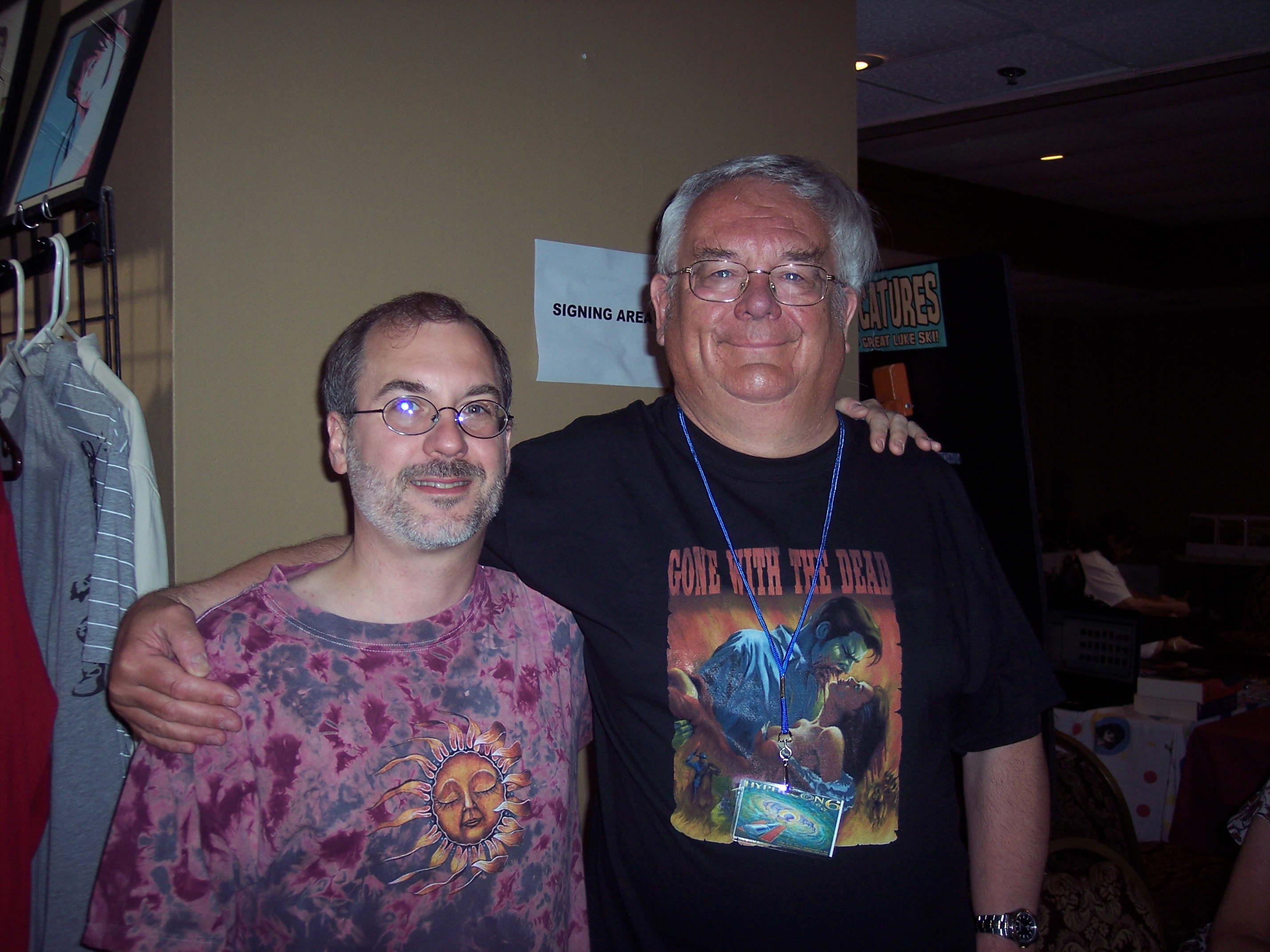
In its first publication, a decade ago, Alone With the Horrors won both the Bram Stoker Award and the World Fantasy Award. Lovecraft on his early work, and gives an account of the creation of each story and the author's personal assessment of the works' flaws and virtues. Included here are "In the Bag," which won the British Fantasy Award, and two World Fantasy Award-winning stories, "The Chimney" and the classic "Mackintosh Willy."Ĭampbell crowns the book with a length preface which traces his early publication history, discusses his youthful correspondence with August Derleth, illuminates the influence of H.P. Alone With the Horrors collects nearly forty tales from the first thirty years of Campbell's writing. Three decades into his career, Campbell paused to review his body of short fiction and selected the stories that were, to his mind, the very best of his works.

He has won four World Fantasy Awards, ten British Fantasy Awards, three Bram Stoker Awards, and the Horror Writers' Association's Lifetime Achievement Award.

For readers on the verge of discovering Campbell for the first time, or longtime fans wanting to brush up on his new releases and classics alike, the Ramsey Campbell books below are sure to keep you reading long into the night.Ramsey Campbell is perhaps the world's most decorated author of horror fiction. His latest novel, The Wise Friend, is a classically Campbellian tale of a haunting that may be much more than ghostly. Ramsey Campbell has won more awards than any other British horror writer, and unlike many of his peers, whose output has dropped off over the years, he continues to publish new books and stories all the time. Campbell ended up writing the introduction to the first edition of the now-legendary collection. Barker was looking for an outlet willing to publish his short stories, and showed Campbell the manuscript for what would later become his breakout collection, The Books of Blood.

In the early 1980s, he met a young writer and fellow Liverpool resident named Clive Barker. In later years, he softened his stance, both on Lovecraft’s writing and on turning out additional Lovecraft pastiches, but Campbell’s work was always determinedly his own from that point onward, whether he was writing about ancient beings from other dimensions or all-too-human serial killers.Ĭampbell was also a tireless advocate of other writers. Yet over a career spanning more than 50 years, Campbell has developed and refined his own voice, to the extent that today there are entire anthologies written as tributes by authors who have been inspired by Campbell’s work, just as Campbell was once published (and sometimes still is) in anthologies that are tributes to Lovecraft.Īfter an early career in Lovecraft pastiches, Campbell set out to develop his own distinct style, even going so far as to condemn the late writer’s work.


 0 kommentar(er)
0 kommentar(er)
